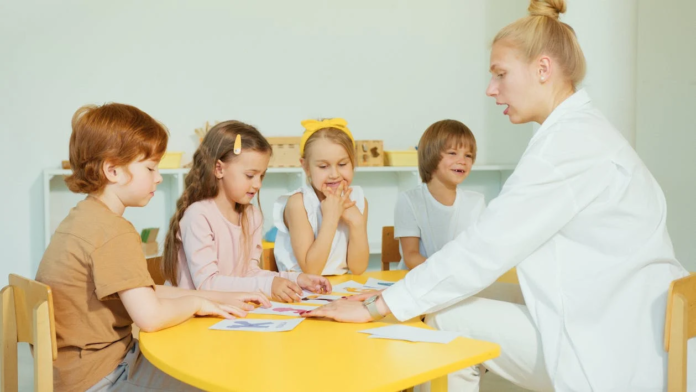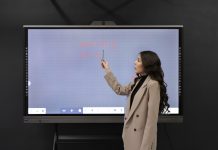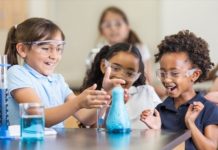Early childhood education is one of the most important aspects of a child’s development, as it can have a significant impact on their future educational, social, and emotional development. Learning about the developmental milestones associated with early childhood education can help parents and caregivers better understand and support their child’s growth and development.
It is essential to be aware of the developmental milestones of early childhood education. This includes physical, cognitive, and social/emotional development. Physical milestones include the development of fine and gross motor skills, such as being able to crawl, walk, jump, throw and catch a ball, and turn a page in a book.
Cognitive milestones of early childhood education involve the development of memory, problem-solving, and language development, such as learning to recognize colors and shapes, count, understand time and form sentences. Social/emotional milestones include the development of self-awareness, self-control, and social skills, such as making friends, following directions, and expressing feelings.
Language and Communication Development of Early Education Childhood
Language and communication development are core components of early childhood education, as they are essential skills that enable a child to interact with the world around them and cultivate relationships. When a child develops appropriate language and communication abilities, they gain access to new forms of learning, enabling them to explore, problem-solve, and express their ideas more effectively. At the same time, the foundation of language and communication skills is established early in life, and it is important for parents, teachers, and caregivers to be aware of the development process.
Language and Communication Development is a critical concept in early childhood education and in the overall development of a child. It involves the ability of children to understand, use, and share language for communication purposes and to express their thoughts, needs, and ideas. Language and communication development begins very early in a child’s life, and the skills and abilities continue to develop and evolve throughout childhood.
At a young age, babies develop the ability to understand language through imitation and repetition. They also begin to make simple vocalizations when trying to express their needs, such as crying or cooing. As they grow, they start to use language more purposefully to get their needs met and to interact with people and the world around them.
Social and Emotional Development of Early Education Childhood
Early childhood education is an important part of a child’s social and emotional development. During the first few years of a child’s life, they are learning how to interact with others, how to solve conflicts, and how to regulate their emotions. It is during this time that children learn important skills such as communication, empathy, and collaboration. Early childhood educators play an important role in developing these social and emotional skills in their students. They provide a safe, nurturing, and stimulating environment in which children can explore their world and build relationships. Educators also provide guidance, support, and instruction to help children learn how to manage their emotions and relationships.
Early education plays a critical role in the social and emotional development of young children. It provides a safe, nurturing environment that supports the physical, cognitive, and social-emotional development of young learners. Through positive relationships with adults and peers, young children learn how to interact with others and develop a sense of self-worth. Early education also builds important foundational skills, such as learning how to navigate emotions, control impulses, and develop problem-solving skills. Through play-based activities, children learn about themselves and the world around them, allowing them to gain the knowledge and skills necessary for social and emotional growth. Additionally, early education settings provide an opportunity for children to practice communication and collaboration, further reinforcing necessary skills with peers.











